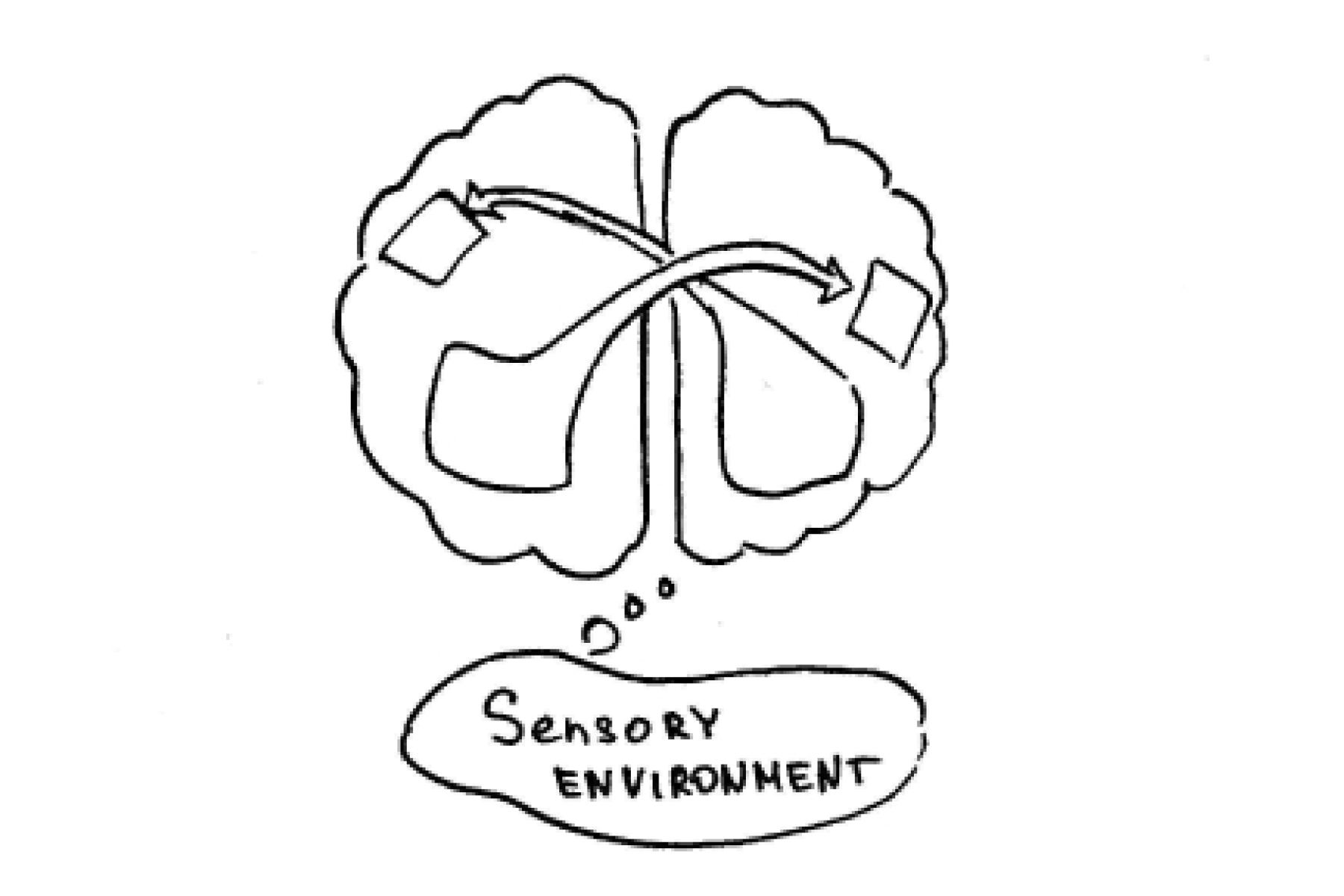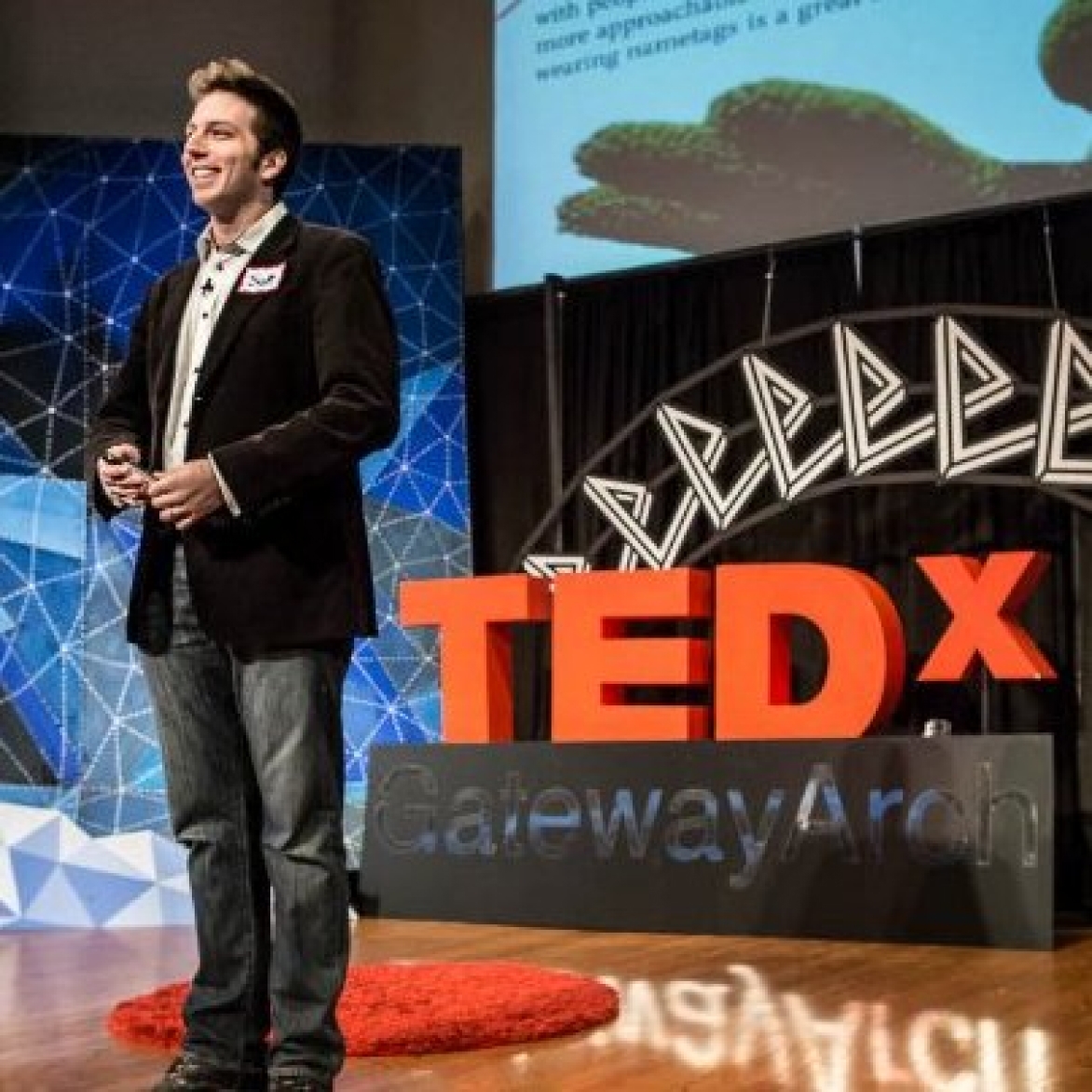
The Context
You still have to accumulate reference files for your brain to work on. And you have to make yourself hyperaware of unconscious rumination. But in time, you’ll soon find that consistently generating compelling content won’t be as hard as people make it out to be. If you want to consistently generate compelling content, the trick is to ensure that there’s something going on all the time, not just the moment you sit down and decide to start working. To assure your process of creation isn’t driven and dictated by time pressure alone. To insure that your instrument is finely tuned for the world to move through you.
The Tool
Unconscious Rumination
UNCONSCIOUS RUMINATION -- Allowing your inner mind to get to work mulling over, sorting out, organizing and categorizing material that has been previously absorbed, ultimately generating an idea at a time when the mental spotlight isn’t on it.
You’re no longer working on material, the material is working on you. This cognitive process called unconscious rumination. Samuel Sinclair Baker popularized the term about fifty years ago. Born to immigrant parents over a century ago, he became a famous advertising executive in his first career, the original founder of Miracle Grow in his second career, and a bestselling author of diet and gardening books in his third career. Prolificacy was literally second nature to him. Unconscious rumination, he says, is when you let your mind have fun occupying itself with a variety of ideas, so that the subconscious impressions combine with your conscious efforts and realizations. You allow your inner mind to get to work mulling over, sorting out, organizing and categorizing material that has been previously absorbed. And over time, your inner brain, that’s been working on a solution while you’ve been applying conscious thinking in other areas, speaks up. That way, the idea you want emerges at a time when the mental spotlight isn’t on it.

Scott's Take
I’ve personally watched this process play out in my work as a musician. Twenty plus years writing songs, and I still find myself dumbfounded as to where certain lyrics and melodies and rhythms come from. Apropos of nothing, I’ll be in my studio and spontaneously start strumming or singing or tapping my foot in a really interesting way and say to myself, what the hell, where did that come from? Unconscious rumination, that’s where. Long before I stepped into the studio that day, my mind had been unconsciously churning away, gathering pieces of melody and lyric together like a musical jigsaw puzzle. Because the seed of any idea, sorting itself from others, may take weeks or even years to germinate and come to the surface, fused with later observations. It only seems that it is instantaneous. You’re no longer working on material, the material is working on you.
The Rest
This is a passive process. It’s an unconscious experience that happens independent of your effort, since the brain seems to enjoy working alone a lot of the time. But you’re not completely off the hook. You still have to accumulate reference files for your brain to work on. And you have to make yourself hyperaware of unconscious rumination. But in time, you’ll soon find that consistently generating compelling content won’t be as hard as people make it out to be. Who needs a blank page when you’ve got a bustling brain?
The Benefits
Make getting ideas second nature
Passively create ideas without burnout
Constantly generating compelling ideas
Tap into natural cognitive processes